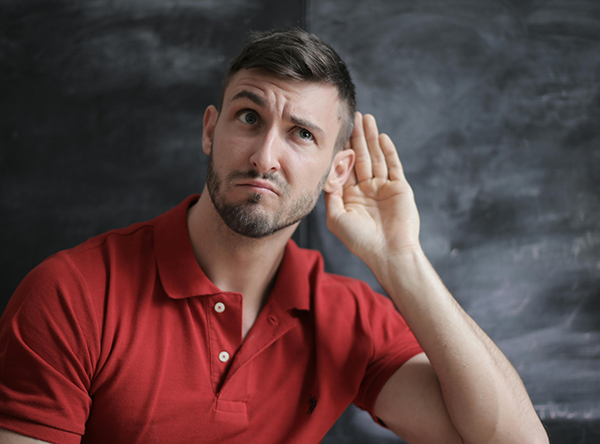|
|
 |
|
When to Use May and Might
|
|
Whether you should use may or might depends on which verb tense you’re using and the likelihood of the possibility you’re describing, an MLA editor explains.
|
|
 |
|
Feeling Bad or Feeling Badly?
|
|
It’s common to say both “I feel bad” and “I feel badly,” but some usage experts contend that only one is grammatically correct, an MLA editor writes.
|
|
|
 |
|
Plurals of Non-English Words
|
|
Determining how to form the plural of a non-English word used in an English-language context isn’t always straightforward. An MLA editor provides some guidance.
|
|
 |
|
Do I Hear an H?
|
|
The pronunciation of a word that begins with the letter h determines whether you should use a or an before it. Get your articles right with the help of an MLA editor.
|
|
|
|
|
|
Citing an Article in a Database without a DOI
|
|
When you are citing an article found in a database that does not include a DOI, you can include a different link in your works-cited entry. The MLA editors provide an example.
|
|
|
|
Step One: Cite the Recipe or Cookbook
|
|
How you cite a recipe or cookbook depends on how you accessed it and on how much information is available. The MLA editors demonstrate their approach.
|
|
|
|
How to Cite a Cross-Published Article
|
|
If an article you cite has been cross-published in two journals at the same time, you may want to include a supplemental element in your works-cited entry, the MLA editors explain.
|
|
|
|
|
|
|
Get a free copy of the MLA Handbook.
|
|
|
|
Join the MLA and request your free copy of the ninth edition of the MLA Handbook. The definitive guide to MLA style includes hundreds of sample works-cited-list entries arranged by publication format.
|
| JOIN TODAY |
|
|